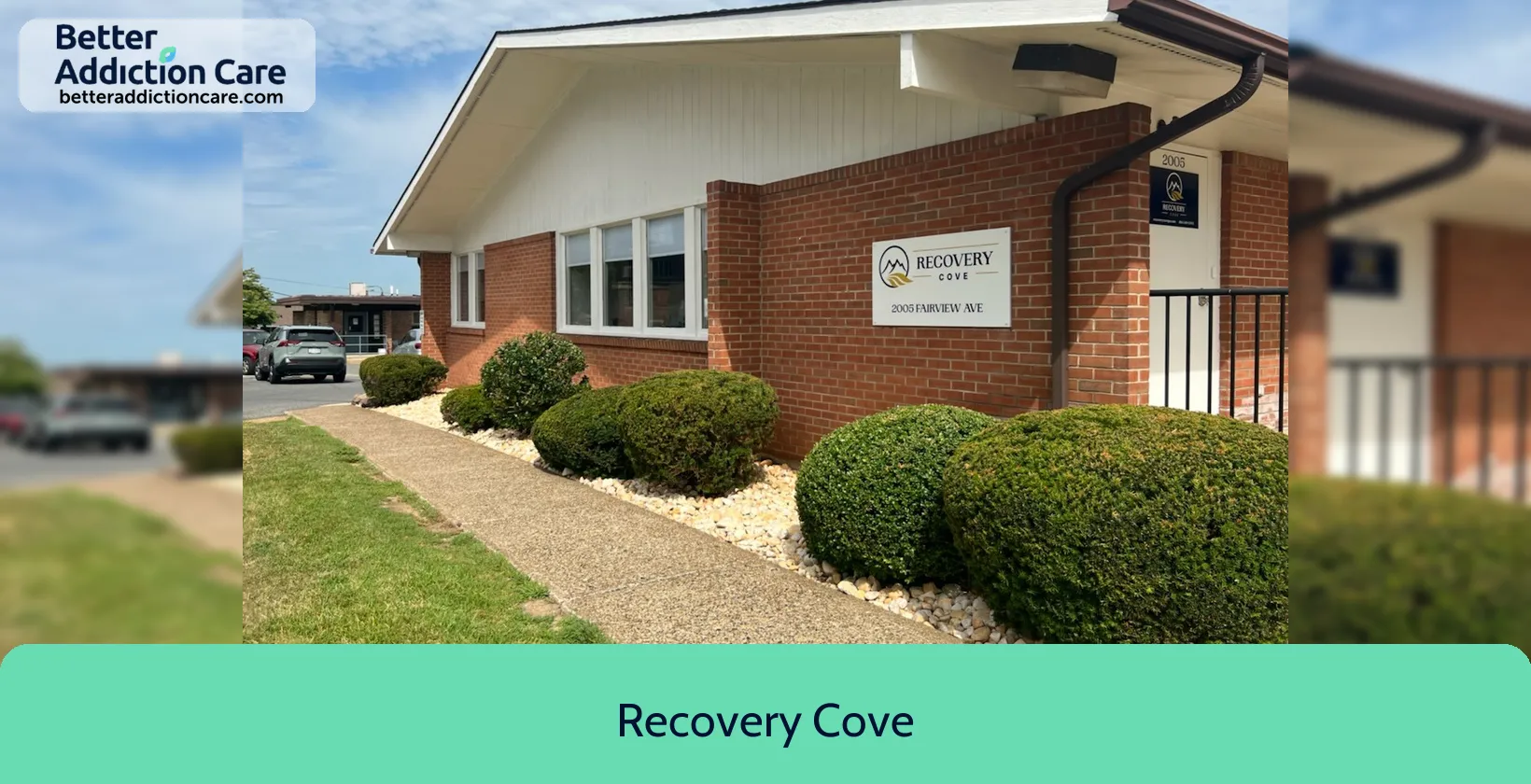Pinebrook Family Answers

Overview
Pinebrook Family Answers is a mental health treatment center for people seeking treatment near Northampton County. As part of their treatment modalities for recovery, Pinebrook Family Answers provides couples/family therapy, group counseling, and cognitive behavioral therapy during treatment. Pinebrook Family Answers is located in Easton, Pennsylvania, accepting cash or self-payment for treatment.
Pinebrook Family Answers at a Glance
Payment Options
- Cash or self-payment
- Medicaid
- Medicare
- State-financed health insurance plan other than Medicaid
- Private health insurance
Assessments
- Comprehensive mental health assessment
Age Groups
- Children/adolescents
- Young adults
- Adults
- Seniors
Ancillary Services
- Court-ordered outpatient treatment
- Suicide prevention services
Highlights About Pinebrook Family Answers
6.62/10
With an overall rating of 6.62/10, this facility has following balanced range of services. Alcohol Rehabilitation: 8.00/10, Drug Rehab and Detox: 6.00/10, Insurance and Payments: 6.00/10, Treatment Options: 6.49/10.-
Alcohol Rehabilitation 8.00
-
Treatment Options 6.49
-
Drug Rehab and Detox 6.00
-
Insurance and Payments 6.00
Treatment At Pinebrook Family Answers
Treatment Conditions
- Mental health treatment
Care Levels
- Outpatient
Treatment Modalities
- Couples/family therapy
- Group counseling
- Cognitive behavioral therapy
- Telemedicine/telehealth therapy
- Abnormal involuntary movement scale
Ancillary Services
Languages
- Spanish
Additional Services
- Pharmacotherapies administered during treatment
- Metabolic syndrome monitoring
Get Help Now
Common Questions About Pinebrook Family Answers
Contact Information
Other Facilities in Easton

6.59

7.25
DISCLAIMER: The facility name, logo and brand are the property and registered trademarks of Recovery Cove, and are being used for identification and informational purposes only. Use of these names, logos and brands shall not imply endorsement. BetterAddictionCare.com is not affiliated with or sponsored by Recovery Cove.
